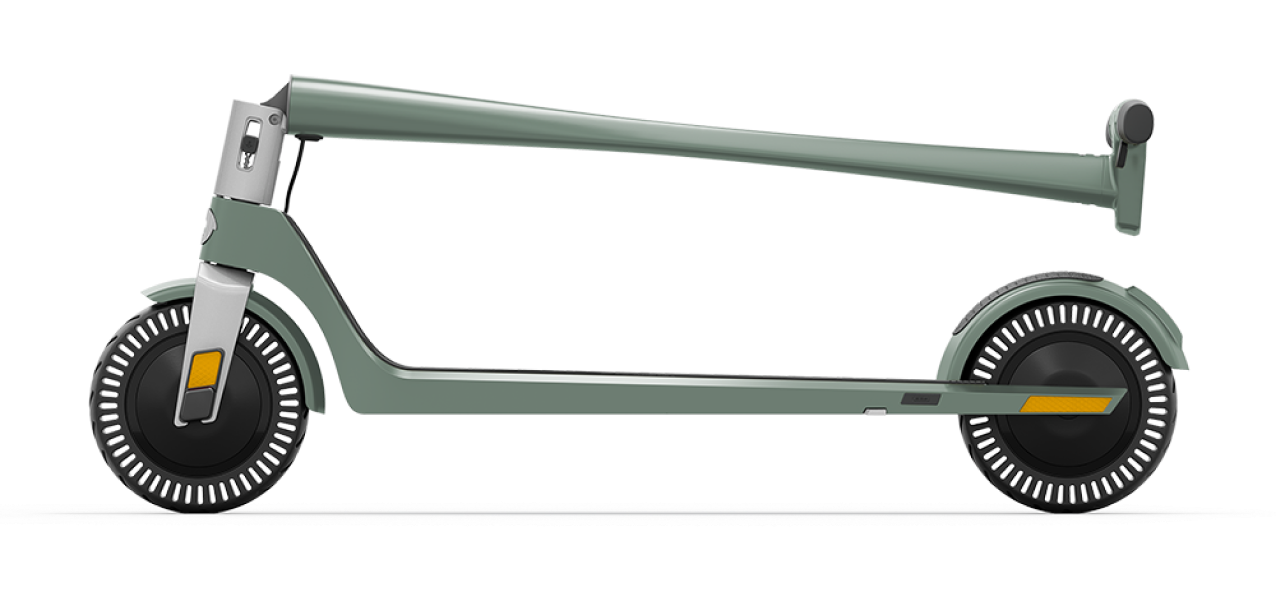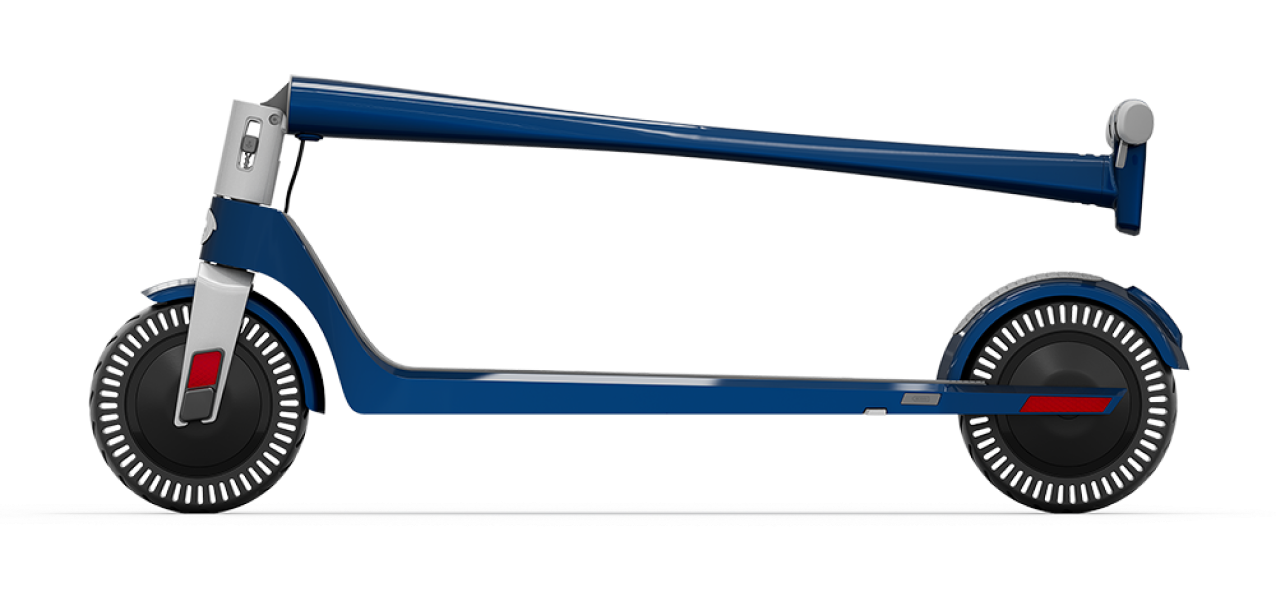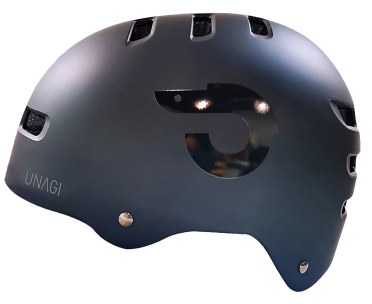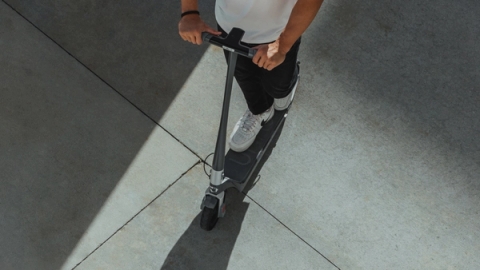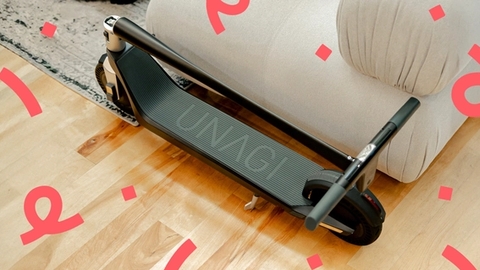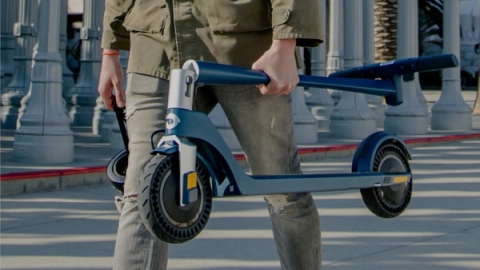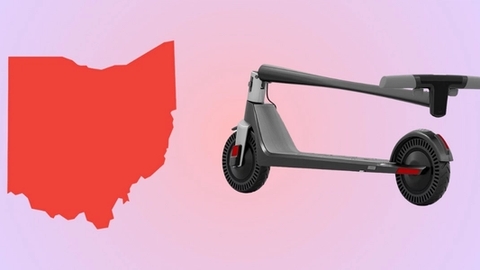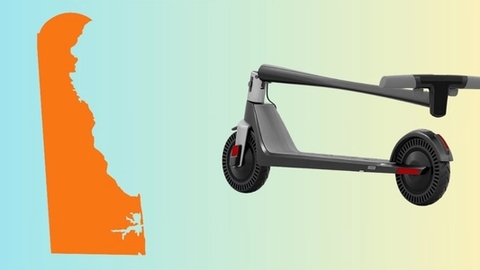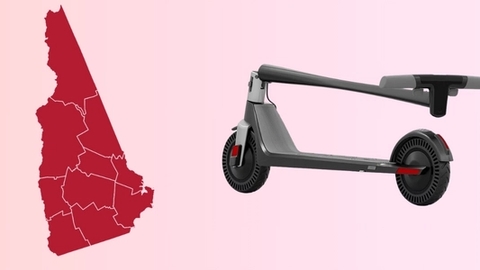Micromobility is here to stay, and it’s changing how we experience urban life for the better. With Unagi’s membership program, you can enjoy all the benefits of a top-tier electric scooter without the sky-high price of ownership or the inconvenience of ride-sharing.
Yes, you can bring an electric scooter on a plane, but it needs to have a lithium battery smaller than 100 watt-hours, which most don't. You might get approval for lithium batteries up to 160 Wh if you request it from the airline in advance and meet their specific requirements. Beyond that, transporting a scooter with a larger battery is generally prohibited. Additionally, the scooter must fit within the airline's size and weight limits, and you'll need to comply with any other regulations the airline might have in place.
Can I take my electric scooter on a plane?
It is possible, but it depends on the airline you're traveling with and your scooter model. Actually, the core issue isn't about scooters at all—it's about batteries. The aviation industry has strict regulations around lithium batteries and for good reason. Lithium-ion batteries are classified as hazardous materials because they can pose fire risks if damaged or improperly handled—and that is the last thing you want happening at 35,000 feet. This is why the rules focus obsessively on battery specifications.
One of the first things they will use in the elimination process is the battery capacity limit set by the International Air Transport Association (IATA) rules:
100Wh and under
Items such as laptops, smartphones, and cameras fall under this category, and their fire risk is minimal, which means airlines will let you take them on the plane.
101Wh - 160Wh
Most e-scooters that fall under this category are children’s models. It’s best to call the airline and ask them if you can take it on the plane.
160Wh and over
The majority of electric scooters fall under this category, which means you won’t be able to take them on the plane.
The Checklist Doesn't End There
Even if your scooter passes the initial test, you're not done yet. Airlines have a whole checklist of other concerns, which might include:
- Protection from Damage: The battery needs to be protected from damage and short circuits. This can be achieved by protecting exposed terminals with non-conductive caps or tape, using a fully enclosed inner packaging made of non-conductive material. You can also store the battery in a lithium battery bag or a protective case.
- Compliance with Lithium Battery Standards: For example, all lithium batteries must pass the tests outlined in subsection 38.3 of the UN Manual of Tests and Criteria. This ensures the battery meets international safety standards for air transport.
- Removability: Airlines usually prefer removable batteries. If the battery can be detached, you'll likely need to carry it in your hand luggage, following specific packaging and handling procedures.
- Battery Type: The type of battery also matters. Lithium metal batteries with more than 2 grams of lithium content and spillable wet batteries like SLA batteries (found in older electric scooter models) are not allowed on planes. Here’s a list of approved battery types.
- State of Charge (SOC): While not a requirement per se, it’s recommended to keep the battery’s charge below 30% of its capacity. Lowering the SOC helps reduce the risk of thermal runaway.
Domestic Flights in the U.S.
The FAA has firm guidelines around lithium ion batteries, allowing only those up to 100Wh (watt hours) in carry-on luggage and up to 160Wh in checked baggage. Battery watt hours is a different measurement than the watts listed for the motor size. The watt hours might be marked on the scooter’s battery or in the manual. If not, you can multiply the ampere hours (ah) by the voltage to calculate the watt hours of your battery.
Most laptop, phone charger, phone, and tablet batteries fall under the 160wh threshold, while most electric scooter batteries are well above it. While there are electric scooters with small batteries under 160wh, these are very low-powered vehicles usually only designed for children. If you do have a small scooter that meets the requirements, you should still check on the specific rules for travel with your specific carrier. Batteries usually need to be removed and stored separately in carry-on or checked baggage.
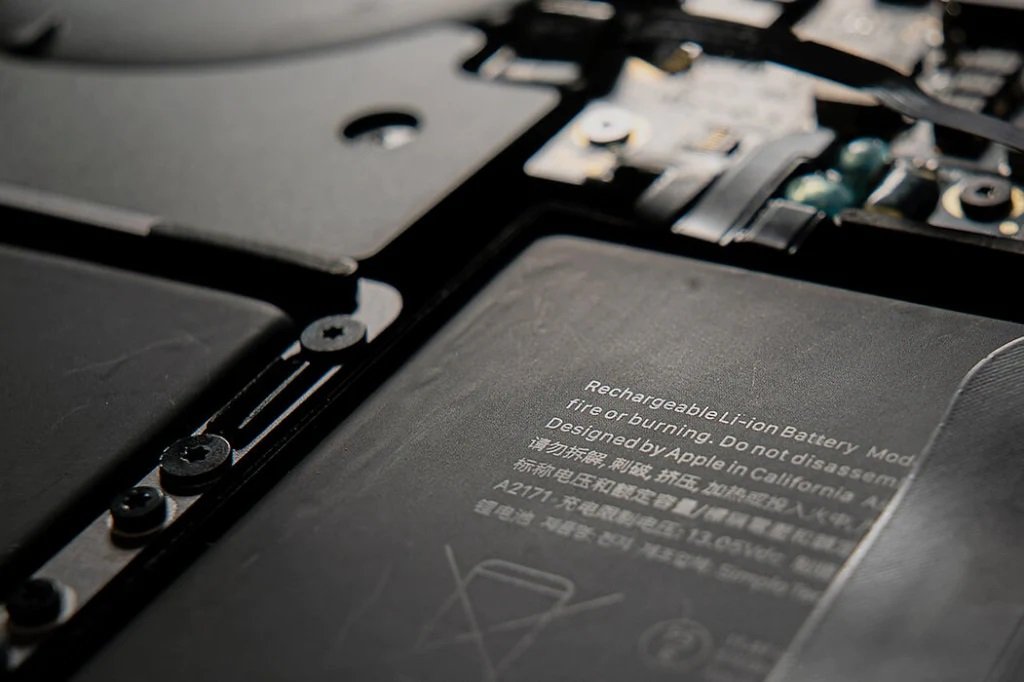
If you can show that your electric scooter is a medically necessary mobility device, you should contact the airline several days before your flight to relay the details about your scooter’s size, weight, and battery size so that preparations can be made beforehand. Arrive at the airport at least 3 hours before your flight and find out about any additional surcharges and requirements for removing and packing the battery.
Mobility scooters have different requirements than recreational scooters. Batteries usually cannot exceed 300Wh, with a spare battery allowed of up to 300Wh or two spares of up to 160Wh each. Each airline will have its own rules and restrictions, so you’ll definitely want to call your carrier well in advance before you pack up and get ready to go.
US & Canadian Airline Rules
|
Airline |
E-Scooter Rules |
|
American Airlines |
American Airlines has strict rules on lithium ion batteries. Passengers are restricted from bringing their e-scooters as checked or carry-on luggage. Source: American Airlines |
|
Delta |
Delta states that recreational mobility devices including hoverboards, balance gliders, self-balancing boards or motorized riding suitcases that use lithium or lithium-ion batteries are prohibited. But it doesn’t mention e-scooters. You can bring lithium-battery powered devices as carry-on items or in checked baggage. Spare lithium batteries are allowed as carry-on items only with batteries individually protected to prevent short circuit. Passengers are permitted to travel with lithium ion batteries that contain a maximum of 160-watt hours per battery. Any lithium ion battery containing more than 160-watt hours is prohibited from carriage on all passenger aircraft. Source: Delta |
|
JetBlue Airways |
Passengers cannot take recreational scooters onboard any flight. Source: JetBlue Airways |
|
United Airlines |
United Airlines states it doesn’t allow any recreational scooters on board flights, to protect travelers and employees. Source: United Airlines |
|
Air Canada |
No recreational mobility devices are allowed on planes due to lithium battery restrictions. Source: Air Canada |
|
Air Transat |
Air Transat also bans recreational scooters, due to concerns regarding the batteries. Source: Air Transat |
|
Porter Airlines |
Porter Airlines has strict rules on lithium batteries, restricting any items that are over 160Wh as checked or carry-on baggage. Source: Porter Airlines |
International Guidelines
International guidelines around lithium-ion batteries tend to be even more strict. Because of the rare possibility of Li-ion batteries becoming overheated and exploding, they are classified and regulated as “dangerous goods” by the International Air Transport Association (IATA). Their general guidelines are mostly identical to the FAA’s:
- In cases where the lithium-ion battery does not exceed 100Wh, passengers may have these devices in either carry-on or checked baggage. This does not beg for the approval of the operator.
- In cases where the lithium-ion battery exceeds 100Wh but does not go beyond 160Wh, passengers may have these devices in either carry-on baggage or checked. However, the approval of the operator is required and finally,
- In cases where the lithium-ion battery exceeds 160Wh, the device is utterly forbidden from being in either passenger or crew checked or carry-on baggage.
These regulations apply on international flights, but aviation authorities in each region will have their own rules. In China, these are particularly strict. If you’re traveling in Europe, you’ll want to check with the European Union Aviation Safety Agency (EASA), or contact administrations in specific countries. Each aviation authority and airline will likely make exceptions for mobility devices, so you’ll want to contact the relevant parties to make arrangements in that case.

|
Airline |
E-Scooter Rules |
|
Emirates |
No recreational transportation devices are allowed as carry on or checked luggage due to battery concerns. Source: Emirates |
|
Virgin |
Any devices powered by a lithium ion battery are restricted. However, you might be able to take your e-scooter as checked luggage after removing the battery. Source: Virgin |
|
Qatar Airways |
No recreational transportation devices - even those with no batteries - are allowed. Source: Qatar Airways |
|
Singapore Airlines |
Devices that contain lithium ion batteries are banned on Singapore Air. Source: Singapore Airlines |
|
Lufthansa |
Recreational transportation devices including e-scooters aren’t allowed on flights. Source: Lufthansa |
|
China Southern Airlines |
Only non-electric recreational transportation devices are allowed on flights. Source: China Southern Airlines |
|
British Airways |
Electrical devices that use lithium batteries are strictly prohibited on flights. Source: British Airways |
|
Qantas |
Qantas states that devices with a lithium battery that exceeds 160W must be carried as cargo/freight. Source: Qantas |
|
Air France |
Air France restricts all electric transportation devices, unless they’re for mobility. Source: Air France |
Pre-Flight Planning
Do the hard work before you get to the airport. This means
Checking Airline Policies
Before booking your flight, thoroughly research your airline’s specific policies regarding electric scooters. Each carrier has unique requirements, such as:
- Size and weight limitations
- Battery restrictions
- How they want the scooter packaged
- Any special handling requirements
- What extra fees they charge
When booking your ticket, inform the airline about your scooter. Try to get everything in writing. This seems excessive until you're at the check-in counter, and the agent is saying something completely different from what you were told on the phone.
Electric Scooter Size and Weight Limits
Your scooter must comply with the airline’s baggage dimension and weight limits:
- Size Restrictions: Most airlines limit checked baggage to a combined length, width, and height of around 62 inches (157 cm).
- Weight Limits: Checked baggage usually has a weight limit of 50 pounds (23 kilograms), but this can go up to 32 kilograms (70 pounds) on some flights within the EU and the US. Go over and you'll either pay extra or get turned away.
Gathering Documentation
Having the right documents can help you avoid unnecessary delays at the airport:
- Scooter’s Manual/Specifications Sheet: Carry a copy of your scooter’s specifications, highlighting the battery type and capacity. If you have a safety certificate for the battery, bring that too.
- Proof of Ownership: For newer or high-value scooters, proof of purchase or ownership may be required.
- Airline Policy Printout: It’s wise to carry a printout of the airline's policy on transporting electric scooters. If there’s confusion at the check-in counter, you can refer to their own guidelines.
Packing Your Scooter
Start with the obvious stuff. Get your scooter folded down as small as it'll go. Wrap anything that could get damaged in bubble wrap or foam. If you have a proper travel case, even better. Some airlines might even require you to disassemble it and break it down into smaller parts to fit within baggage size limits. If you're bringing it as a carry-on, ensure it meets the size restrictions. Overhead bins aren't that big, and space is at a premium. Flight attendants can be sticklers for size, especially on full flights.
If the battery is removable, pack it in your carry-on luggage. Protect the terminals with tape and place the battery in a protective case to prevent short circuits.
At the Airport
Airlines are fundamentally trying to balance three things: safety, liability, and operational efficiency. This means the best approach is usually:
- Contact the Airline in Advance: Confirm all requirements and procedures before you arrive.
- Arrive Early: Arrive at least three hours before departure to allow time for any additional security screenings or checks.
- Explain Battery Safety Features: Be prepared to explain your battery's safety features to security personnel, as they may not be familiar with every scooter model.
- Boarding and Storage: Follow flight attendants' instructions on where to stow your scooter. If it’s allowed as carry-on, it may need to go in the overhead bin or under the seat.
Potential Fees
Be aware that airlines might charge additional fees for transporting an electric scooter. These can include excess baggage fees, battery transportation fees or special handling charges. The fees vary widely between airlines, so it's another reason to check ahead.
Also, consider purchasing additional insurance that covers loss of your scooter during transit or damage as baggage handlers aren't always gentle, and scooters can be expensive to repair or replace.
Alternatives to Flying With Your Electric Scooter
In most cases, however, unless your scooter is a designated mobility device or a very small, low-powered vehicle, you will most likely be unable to take it on a plane anywhere in the world. Instead:
- Ship it separately: Sea freight is an option if time isn’t a concern.
- Rent one at your destination: Many cities offer electric scooter rentals.
- Use a subscription service: If available, electric scooter subscriptions may be more convenient.
- Buy and resell: In some cases, it may be cheaper and easier to buy a new scooter at your destination and sell it before leaving.
This seems wasteful, but when you factor in all the fees, hassle, and risk of damage, it often makes more sense than you'd expect.
Final Thoughts: How Do You Take an Electric Scooter on a Plane?
Bringing an electric scooter on a plane is possible but requires careful planning and adherence to specific regulations. The key factors to consider are the battery capacity, airline-specific policies, scooter size and weight, and proper documentation. Always check with your airline before traveling to ensure you have the most current information and to avoid any unexpected issues at the airport.
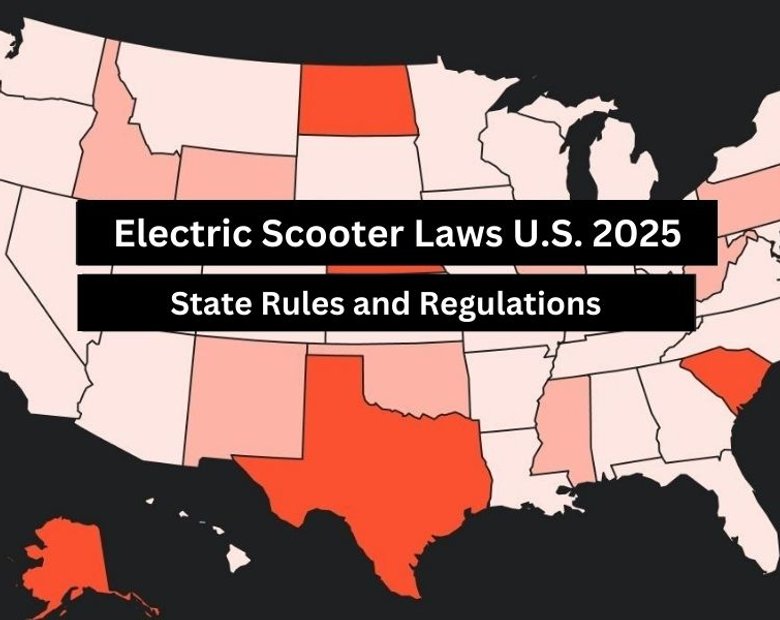
Stay current with the latest U.S. electric scooter laws in our 2025 guide. Updated annually since our first comprehensive guide, ensuring you have the most recent state and city regulations to ride responsibly”
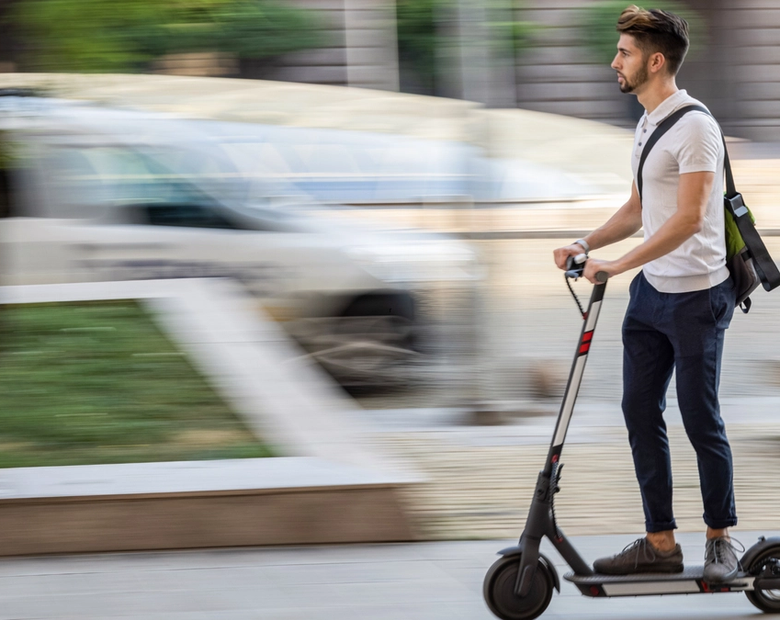
The Slack Core 920R is currently the fastest electric scooter in 2025 that you can purchase without the need for pre-order.
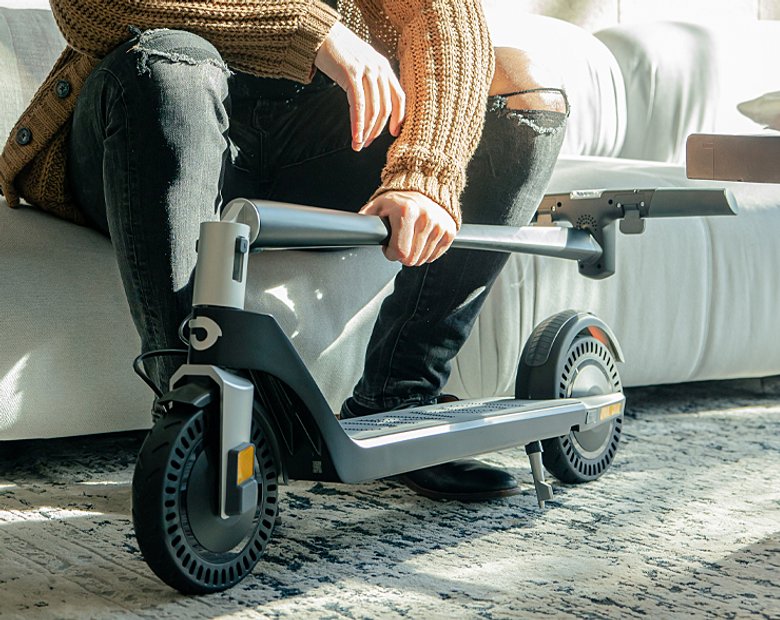
Our selection of the best electric scooters 2025 spans the fastest e-scooters to the most portable ones, the ones designed for city riding and off-road, the best scooters for rain, budget electric scooters for students, and more powerful ones for skilled riders.
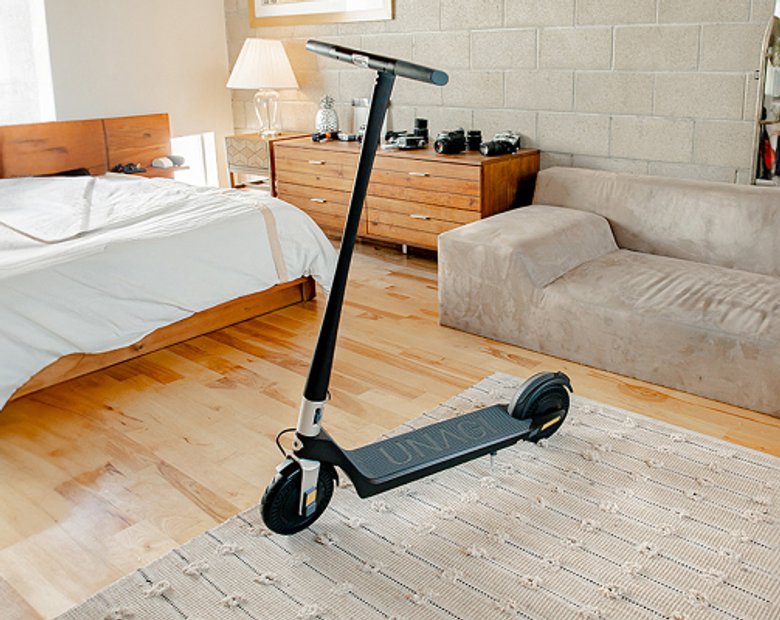
The Unagi Voyager is the best lightweight electric scooter for adults and teenagers. It is the ultraportable sequel to its predecessor, the Unagi Model One Classic.
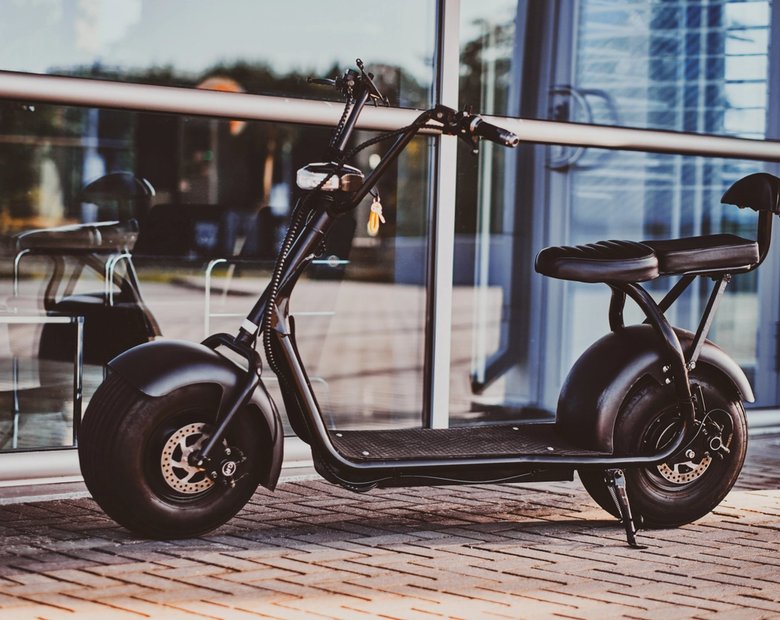
If you're wondering whether an electric scooter with a seat is right for you, this is a detailed article that would suit your need.
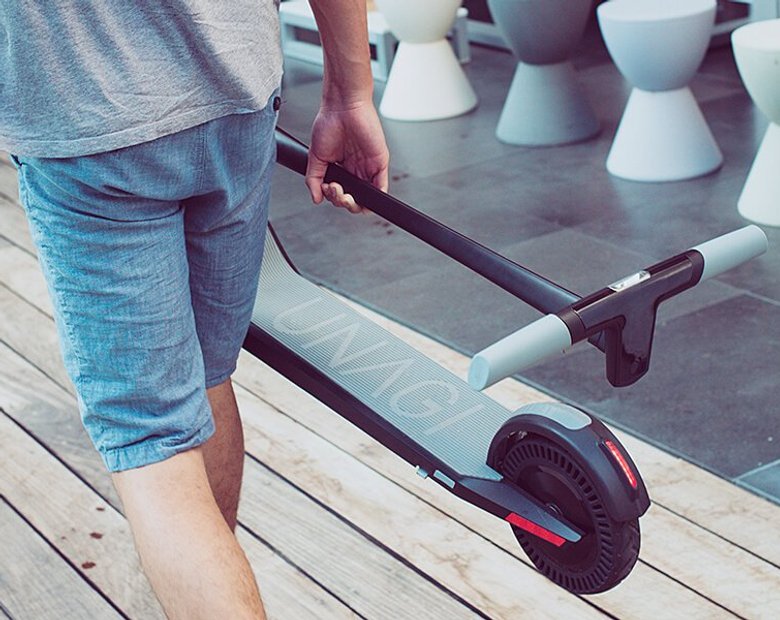
Understand which personal electric vehicle is best, the choice between an electric bike or electric scooter might already be made for you by some critical factors, including portability and storage capacity.
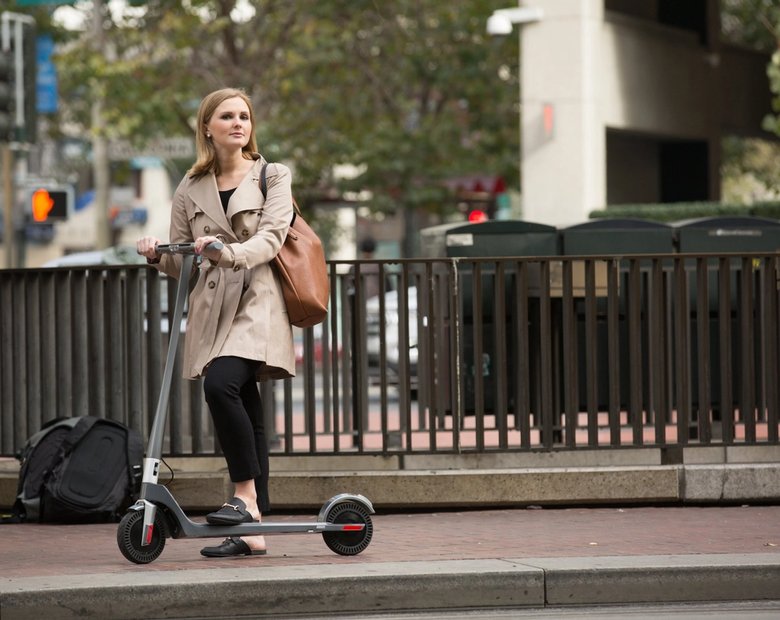
In the U.S., most states don't require a license. For those that do, they usually just ask for a regular driver's license or a learner's permit.
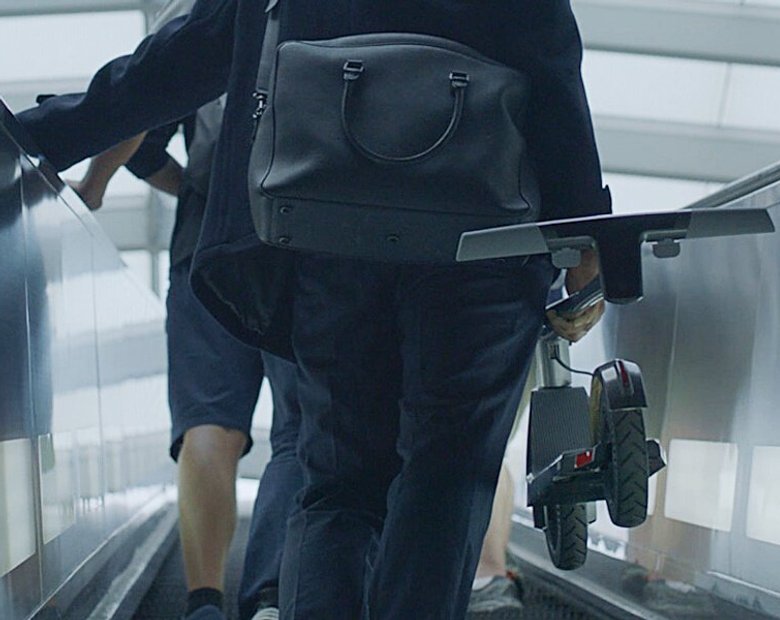
Yes, you can bring an electric scooter on a plane, but it needs to have a lithium battery smaller than 100 watt-hours, which most don't.

Manufacturers advise against riding electric scooters in the rain. The main reasons are: water can fry the electronics, make the ride dangerous, and void your warranty.

